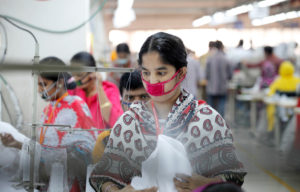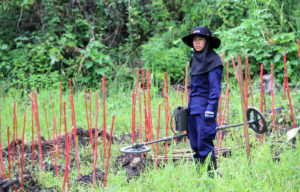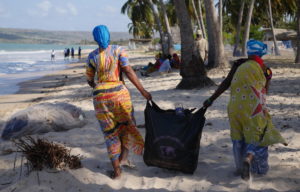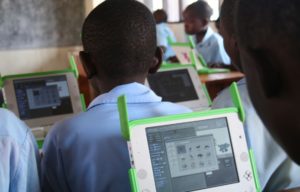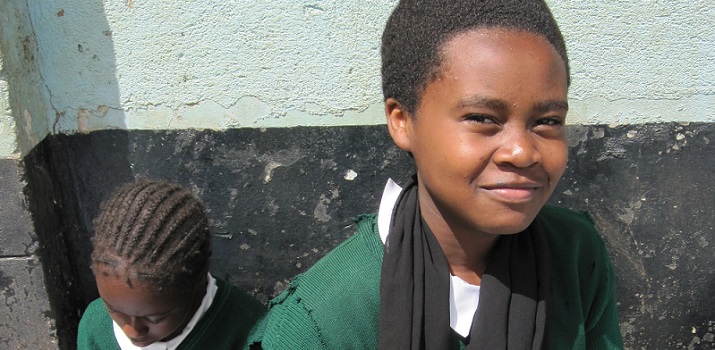
Photo: Ruby Cup
Menstrual Cup Makes Kenyan Girls Attend School
In developing countries, many girls drop out of school because they cannot afford sanitary pads and tampons. Now a simple invention, a menstrual cup, has so far ensured schooling for 1500 girls in Kenya.
Share
More info
Other categories
Region: Africa
Theme: Children & Youth, Education, Women’s Rights
Sanitary pads and tampons are expensive in Kenya, and hence many girls are forced to use everything from cotton and newspaper to bark and mud during their period. This is not only hazardous to health, but the fear of bleeding through keeps them from going to school for up to 20% of the school year or even causes them drop out, explains Unicef.
Back in 2011, three Danish students from Copenhagen Business School, Julie Weigaard Kjær, Maxie Matthiessen and Veronica D’Souza, decided to do something about this issue. The result was a sustainable menstrual cup that is cheaper than the ones being sold on the Western market. The invention was dubbed Ruby Cup and has so far been distributed to 1,500 schoolgirls living in poor slum districts in Kenya.
Equal access to education
The idea of using a small container to catch menstrual blood is not new. The menstrual cup has existed since the 1930s. But never before has anyone worked on using the small silicone cups to ensure that girls get equal access to education in poor countries. Julie Weigaard Kjær explains:
‘It could not be that hard, we thought. But in Kenya, where we started out, they are pretty sceptical when white people turn up and want to donate products. But I actually think it seems pretty shrewd of them to ask: do I get this just because I am poor?’.
She continues: ‘Therefore we started developing an attractive brand which is also sold in Europe and the rest of the world, so we will not be associated with a poverty product. At the same time, it is crucial that the cup can be purchased locally at the pharmacy and in supermarkets’.
Woman, know your body
When the school girls are given the cup they are also instructed in how to use it, just as they learn about personal hygiene and how their body functions.
‘Often the girls do not even know why they suddenly start to bleed. They are just told that now they are ready to get married. So it’s important that they learn that menstruation is natural and nothing they should be ashamed or afraid of’,Julie Weiggard Kjær explains.
Several organisations work distributing reusable sanitary pads in Kenya. But they need regular cleaning, and since water is often in short supply, the menstrual cup has another advantage: it needs only approximately half a litre of water to boil in after use.
The school girls can use the menstrual cup until they finish university, as a menstrual cup lasts for 10 years.
The three women, who received supervision from the Danish company Coloplast in the development of the Ruby Cup, have already been given several prestigious entrepreneur awards both in Denmark and abroad.
